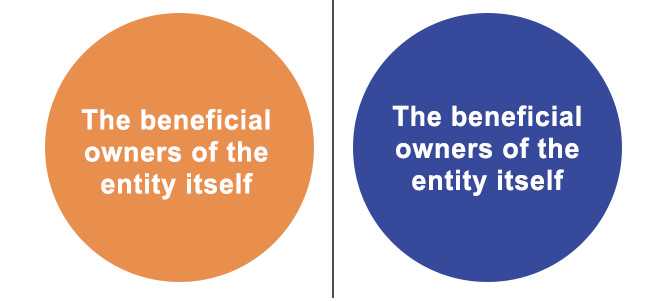
As a business owner, you are probably aware of new legislation that requires certain entities to disclose information about their company to FinCEN by year end. The legislation has garnered wide-spread criticism; however, it continues to chug along with substantial penalties for failure to file. The US Treasury recently released it final rulings on capturing key beneficial ownership details on certain companies, a move aimed to address deemed areas of fincrimes through shell companies and alike.
The rule describes who must file a beneficial ownership (BOI) report, what information must be reported and when a report is due. In short, the rule requires reporting companies to file reports with FinCEN that identify two foundational categories of individuals:

This ensures that key details on company formation agents, law firms and professional services firms are captured.
Beyond that, the just-released rulemaking, the first of three tied to the CTA, covers key details such as filing types: foreign and domestic and more detailed definitions of what beneficial owner means – for example, 25 percent ownership or someone who has “substantial control” of a firm.
The final rule also gives more depth and texture to detailing types of company applicants and information identifiers. This includes a system where individuals can directly query FinCEN for unique “identifiers” in lieu of constantly sending the required four pieces of identify documents as well as finalizing nearly two dozen exemptions, such as those already covered by anti-money laundering (AML) compliance rules and other details.
So let’s get to the details:

Beneficial Ownership Information encompasses details about individuals who directly or indirectly own or control a company.
There are two types of reporting companies that fall within the BOI rules set out by FinCEN:
Domestic reporting companies – these are corporations, limited liability companies, and any other entities created by the filing of a document with a secretary of state or any similar US office.
Foreign reporting companies – these are entities (including corporations and limited liability companies) formed under the law of a foreign country that have registered to do business in the US by the filing of a document with a secretary of state or any similar office.
There are some exemptions to these reporting companies, including publicly traded companies meeting specified requirements, some nonprofits, and certain large operating companies. However, the reporting obligation is far-reaching and impacts millions of businesses in the US and businesses around the world who operate in the United States.


Under the Act, authorized entities, including federal, state, local, and tribal officials, along with certain foreign officials, can access beneficial ownership information for national security, intelligence, and law enforcement purposes.
Financial institutions may also gain access under specific circumstances, with consent from reporting companies. However, access to this information isn’t a given; it’s not ubiquitous, even though other organizations and entities may benefit from accessing it for due diligence and risk management purposes.

Any changes to the ownership or control will also require businesses to file with FinCEN within the associated timeframe.

Currently mistakes or omissions can be corrected within 90 days of the deadline for the original report. However, firms could face civil and criminal penalties for disregarding their BOI reporting obligations.
One last note: If you need assistance in completing the application, you may want to consider in this order: (1) the FINCEN website, which has numerous “Help” areas to assist; (2) a third-party (just Google BOI submission and you’ll see plenty of third party providers; (3) your accountant—although the accounting field is still trying to determine if this is a function accountants can provide assistance with; and (4) your attorney (who’ll more than likely charge you more than the combined 3 above). If you know the information requested above, you should be able to complete this application on behalf of your company.